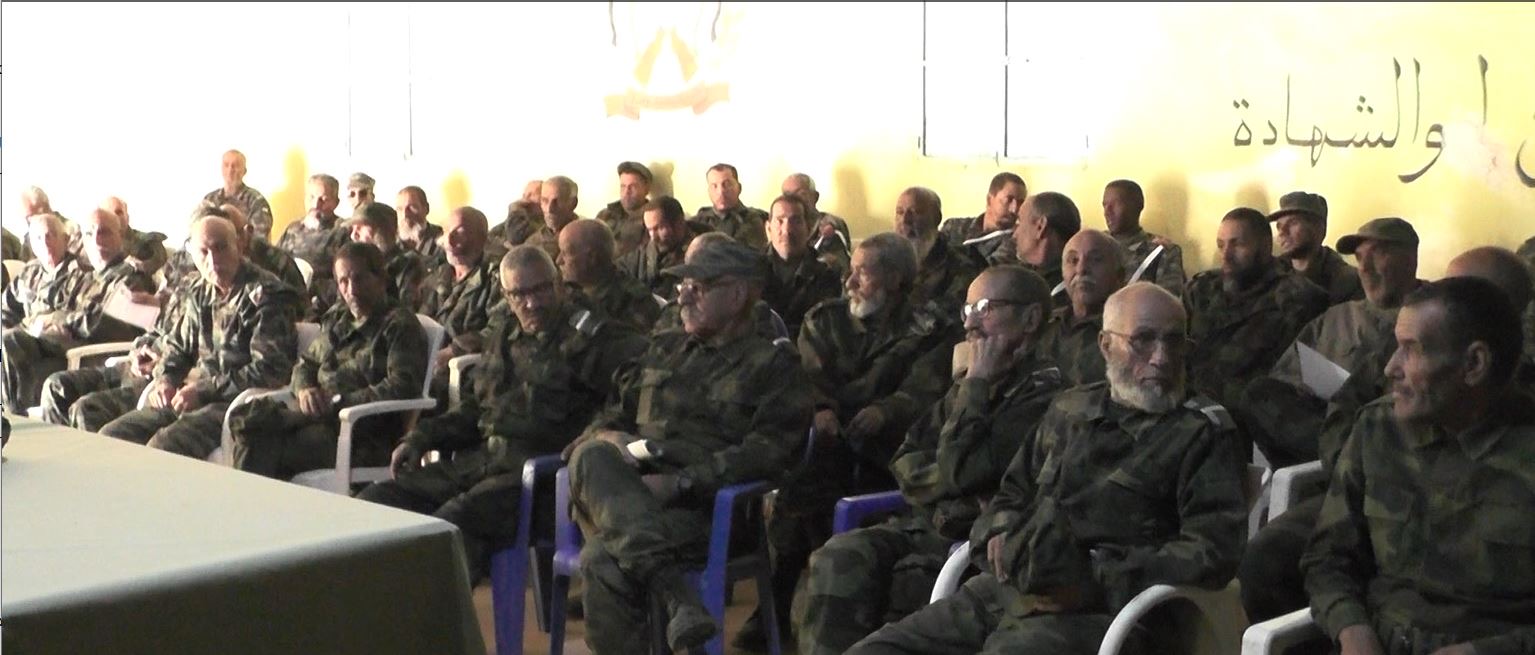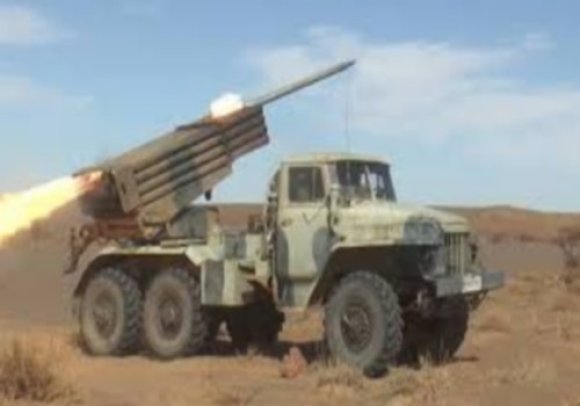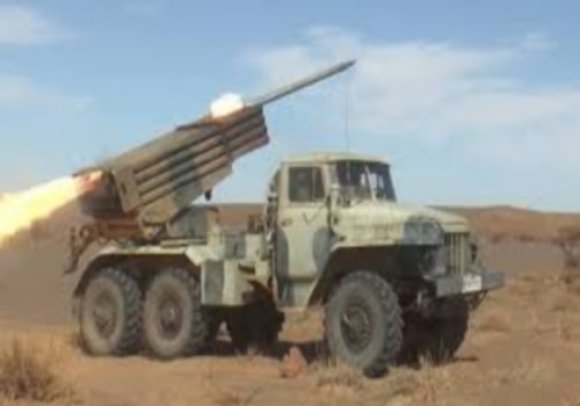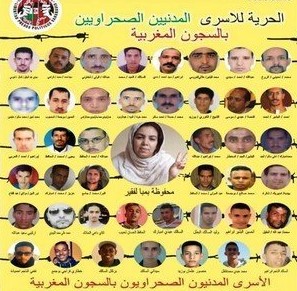Algiers, 3 April 2025 (SPS) – As the world marks the International Day for Mine Awareness and Assistance in Mine Action on Friday, Western Sahara remains one of the most mine-contaminated regions due to the alarming number of crimes committed by the Moroccan occupation against the Sahrawi people, who are fighting for their right to self-determination and independence.
While the world is firmly committed to combating the proliferation of landmines, the Moroccan occupier, much like the Zionist occupier in the Gaza Strip, is intensifying its efforts to lay mines in the occupied territories of Western Sahara, aiming to cause as many casualties as possible. This blatantly defies international conventions on the matter—conventions that Morocco has deliberately refused to join in order to continue its harmful actions.
In a statement to APS, Ghaith Al-Nah, a member of the Sahrawi Mine Action Coordination Office (SMACO), condemned the Moroccan occupation for continuing to pollute Sahrawi territories with anti-personnel mines, which have killed numerous people and severely impacted the environment and local wildlife, in addition to restricting freedom of movement. Al-Nah recalled that after the 1991 ceasefire agreement (between Morocco and the Polisario Front), the Sahrawi state attempted to clear mined areas but found that "the level of contamination was excessively high"—a situation worsened by the occupier's placement of new mines since the resumption of war in 2020.
The official further noted that SMACO is observing this international day by continuing its efforts to protect civilians through awareness campaigns. Through various activities, the office aims to highlight the human impact of landmines while emphasizing the need for greater efforts to eradicate these explosives.
Awareness campaigns will be organized on this international day, according to the official. Honorary diplomas will also be awarded to individuals affected by this scourge, giving them the opportunity to share their suffering as well as their achievements in mine-related fields. On this occasion, Ghaith Al-Nah reiterated his urgent appeal to the international community, urging increased efforts and enhanced cooperation to launch a humanitarian mine-clearing campaign in Western Sahara. "This campaign should not only cover the liberated territories east of the wall but also the occupied areas," he stressed.
He also called for aid and assistance to victims and for concerted efforts to rid Sahrawi territories of this deadly threat. In this context, he emphasized that the danger posed by mines requires international action to pressure the occupier to comply with relevant international agreements, in addition to launching a campaign to help the Sahrawis overcome this scourge—especially as estimates suggest the presence of up to 10 million landmines.




